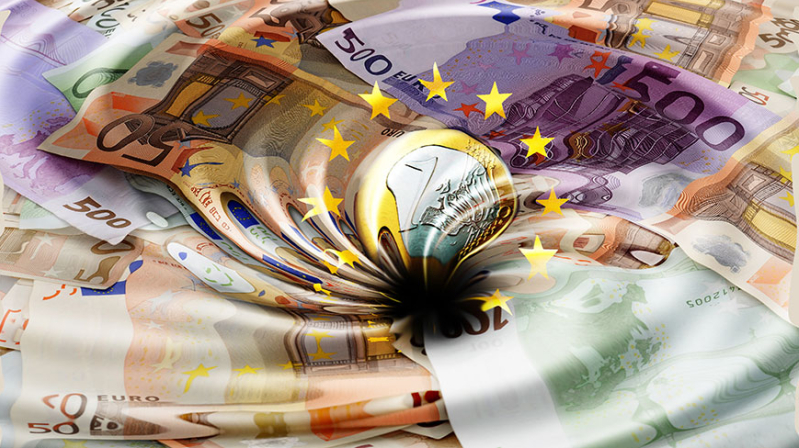
Many of previously cited Vatican finance deficiencies have been addressed in the Holy See system, states a Dec. 15 report released by MONEYVAL, the Council of Europe's anti-money laundering committee. However, council representatives still urge money laundering prosecutions be ramped up. The uniqueness of the Holy See system, a state in which there are neither banks nor a market, presents unique situations regarding compliance with current standards that counter money laundering and the financing of terrorism.
According to a MONEYVAL statement, the Holy See "has addressed most of the technical deficiencies in its legislation and regulations. However there is a need now for an anti-money laundering and counter terrorist financing system to deliver effective results in terms of prosecutions, convictions, and confiscation."
MONEYVAL's 165-page report cites that since the anti-money laundering system was set up, "29 money laundering investigations have been undertaken in the Holy See / Vatican City State by prosecutorial law enforcement bodies" but 'no prosecutions have, as yet, been initiated.'"
The report indicates more than 11 million euros ($12 million) are frozen in Vatican accounts.
The document includes MONEYVAL's analysis of the Holy See's compliance with the 16 key and core 2003 Financial Action Task Force Anti-Money Laundering and Counter-Terrorism Financing Recommendations.
The report reads that "there still remains, however, a continued lack of indictments for money laundering or for related serious proceeds-generating offenses in the three years since (the 2012 report). This situation needs to be improved."
The report applauds the remediation process of the accounts in the Institute for Works of Religion, or Vatican bank, since its guidelines were updated in 2013 to limit access. The remediation process reportedly has led to the closing of some 4,800 accounts.
The report praised the Vatican's Financial Intelligence Authority for its oversight of the Vatican bank, and the continuity of the FIA's governance.
Following MONEYVAL´s rules, the Holy See should present an update on action taken to implement the committee´s recommendations by December 2017.
MONEYVAL issues peer-to-peer evaluations of members' states as part of an ongoing process to maintain high standards for countering money-laundering and the financing of terrorism.







